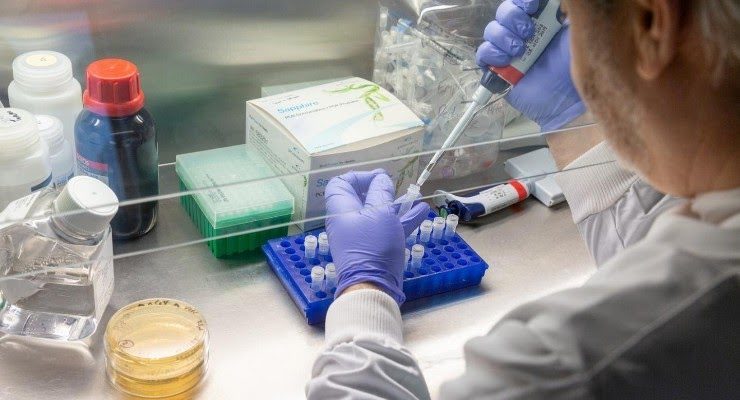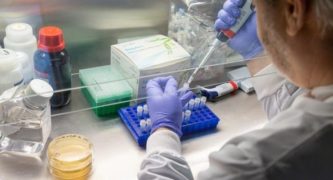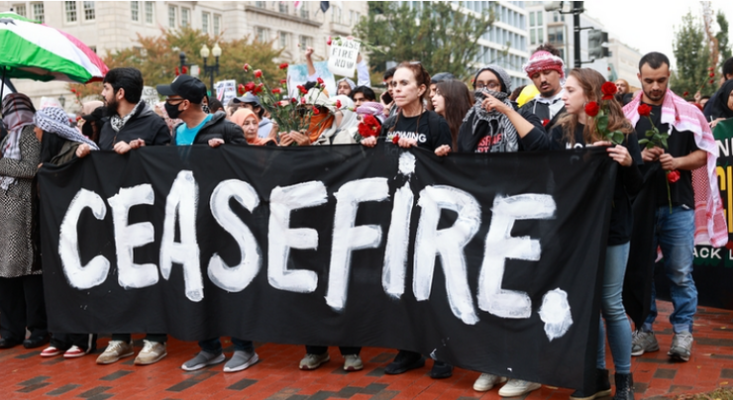
A City of Hope investigational vaccine produced strong protective immunity against COVID-19, including neutralizing antibodies that recognize the current dominant circulating form, which is a mutant of the original Wuhan strain, according to research published today in Nature Communications.
The vaccine is now being tested in a phase 1 clinical trial at City of Hope, which also has a medical center in Pasadena.
“Our investigational vaccine aims to address one of the challenges in combating coronavirus infections — immunity against these viruses can be short-lived, less than six months in some COVID-19 patients,” Don J. Diamond, Ph.D., a professor with City of Hope’s Department of Hematology & Hematopoietic Cell Transplantation who specializes in vaccine research, said in a prepared statement.
“City of Hope wanted to improve on the vaccine’s capability of stimulating protective immunity,” Diamond said. “We did that by activating T cells, which constitute the other powerful arm of the immune system.”
The investigational vaccine generated abundant neutralizing antibodies, which prevented the virus from infecting healthy cells, and produced strong responses by T cells against the virus’ spike and nucleocapsid antigens. The strong T cell response could provide long-term protection that may protect recipients of the vaccine against future COVID virus outbreaks.
“We spurred the production of CD4 and CD8 T cells of various types, including memory T cells,” Diamond said. “These T cells can live in the blood for a longer time than antibodies and attack a pathogen should it appear at a later time.”
Diamond and his team also studied whether the mice that received the vaccine would still have immunity if the virus mutated. To do that, they inserted various genetic sequences from the virus into test viruses called pseudoviruses. The team found that antibodies, generated by the mice in response to the vaccine, prevented infection of susceptible cells by the pseudoviruses.
“Despite the fact that our investigational vaccine had a slightly different genetic sequence, it’s capable of preventing a slightly mutated version of SARS-CoV-2, which is now the dominant circulating strain in the U.S., from getting into a cell,” Diamond added.
For the COVID-19 investigational vaccine, the platform was used to rapidly produce the synthetic virus, which then started to replicate its DNA within a cell. The virus produced large quantities of the SARS-CoV-2 S protein, which led to the production of neutralizing antibodies against the virus, and the N antigen. Both the S and N antigens also elicited a strong T cell response for the mice to mount an immune response against the virus. All mice who received the vaccine produced these results with no side effects.
“Because City of Hope has expertise in testing these vaccines, we expect that the investigational COVID-19 vaccine will also produce superior T cell responses in people and will be safe for volunteers to take under our close monitoring,” Diamond said.
City of Hope aims to complete its phase 1 clinical trial by the end of March.














 0 comments
0 comments


